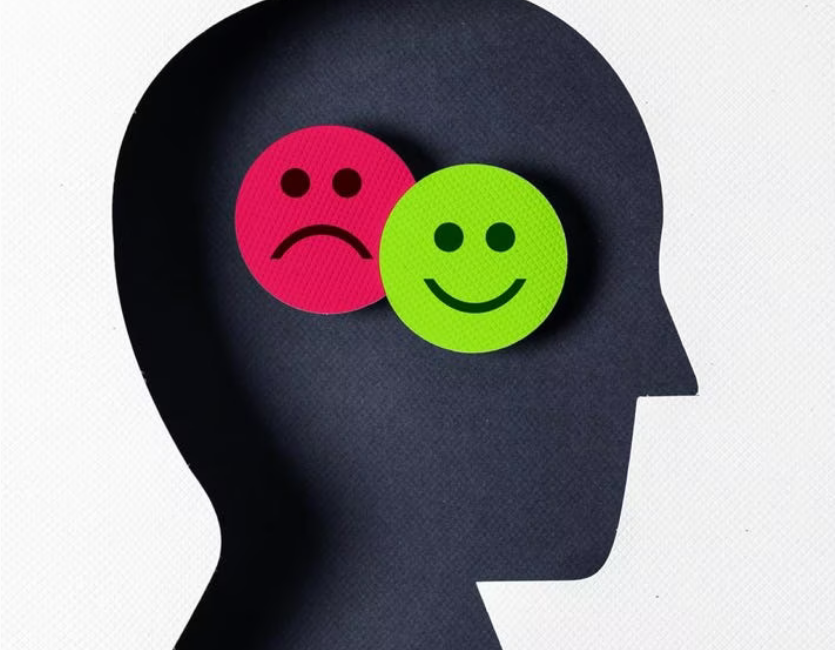
The further businesses navigate through this new frontier acclimating to our current reality where Covid is ever-present and the world of work is being reorganized from a centralized model to decentralized standards and practices, the value of mental health is being amplified and becoming more significant to the larger business conversation. Throughout the corporate ecosystem from leadership on down, we are hearing the echoes of words like self-care, needs, active listening to more clinical language such as depression, anxiety, to a bevy of terms connected to mental illness. The exposure to these types of language and ideas has opened the doors to a paradigmatic shift where the understanding of values around the world of work matters.
While accentuating the importance of mental health as an essential mechanism for business growth, platitudes will only take an organization so far. What is required is for companies to articulate a framework of the relationship between mental health, human capital needs, and business growth. For too long these have been seen as very disparate concepts, but truthfully, they are intimately connected. In this moment of radical change where people are beginning to work in various ways from in-person to hybrid to full-time telework, organizations must commit to dealing with the new challenges ahead to create a healthier work culture that provides for the needs of their employees but sees as it as critical to the economic growth of their business.
What is needed in this new phase of disruption is for companies to actively employ innovative strategies for how they engage their workforce. Even though Covid offered a proof of concept of telework, companies must double down on embracing human-centered values for the future of work. Numerous challenges on the horizon need to be confronted that companies have only begun to deal with. To have a successful business for the long-term, familiarity with areas that were considered soft skills is the model for the future of business.
Part of the understanding of the Disability Economy is not just an awareness of the needs of the market, but the knowledge of the people that comprise the very market itself. Those who deal with mental health issues reside underneath the umbrella of the Disability Economy and the value of their needs within both the market and the workplace is paramount. We are in a moment where these issues can no longer be ignored, they must be front and center, and taking steps toward defining a solution is a competitive advantage.
As companies begin to realize the inherent value that a human-centered approach offers, the next step is to think about the process of actualizing what to do next. First and foremost, corporate leaders must have a level of transparency and openness and a willingness to listen to employees in their organizations. Having an open line of communication is essential towards evolving a business culture that is prepared for the workplace of the digital age. The very mechanics of work is evolving, but even the stressors themselves are changing. Working virtually have their own set of challenges where continued exploration is necessary. No one is asking corporate leadership to be psychotherapists but having a level of empathy to employee needs is a critical business tool. Creating the processes and procedures to deal with issues as they arise is fundamental to planting the seeds for future organizational growth. Having the tools to deal with the differentiation of workstyles will become vital in building more effective teams, keeping up morale, and ultimately shaping a cohesive work culture.
n the next Mindset Matters column, we will expose many of the vulnerabilities that organizations have faced in these turbulent times. The column will look more specifically at what are some of the key instruments that are needed to develop a robust corporate toolkit where mental health is vital to maneuver to the next phase of the future of work.






